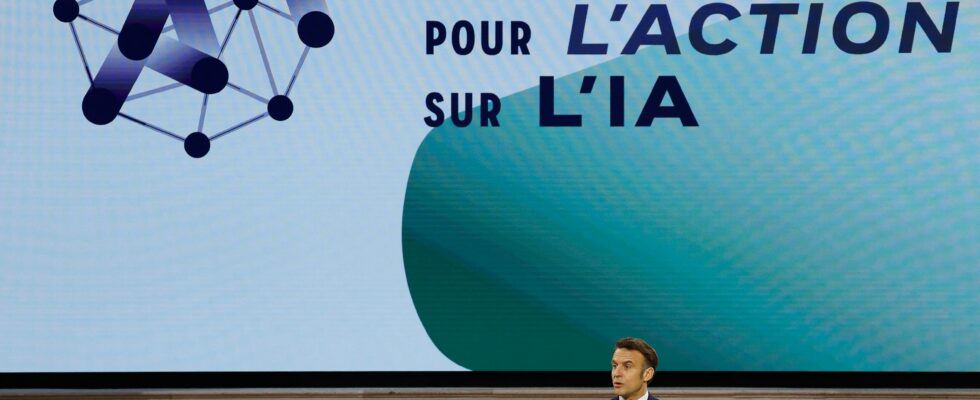The war in Ukraine is not just a confrontation based on shells and drones. It is also a battle of AI. To detect Russian targets faster and neutralize them, Ukrainians have led to AI on what turned out to be a precious deposit of information: the millions of hours of sequences filmed by their drones. Enough to identify 12,000 Russian equipment per week, claimed the Ukrainian Ministry of Defense, thanks to this system called “Avengers”, like the Hollywood superheroes of the Marvel universe.
Current wars no longer do without AI. Those of tomorrow will not win without it. This is emerging from the Paris Summit on AI, during which the French Minister of the Armed Forces stressed that this technology was a “rupture in the way of making war”. In the current competition, it would therefore be damaging for France to accumulate delay, facing American and Chinese behemoths. Future successes are played now. “Like the atom in its time, the mastery of the defense AI is an essential tool for sovereignty,” insisted Sébastien Lecornu, on the occasion of the conference organized at the Military School, on the sidelines of those of the Grand Palace. The same week, the ministry gave access to its own generative AI solution, Geniai, accessible on its intradef network.
“Very dynamic ecosystem”
The ministerial agency for artificial defense intelligence (AMIAD), launched last May, is at the forefront of this ambition. And, good news, it is led by an engineer mixing the best of both worlds, that of armaments and that of large tech companies. “We have a very dynamic ecosystem, with many companies, we are the best in the world, says Bertrand Rondepierre, previously employed in the Laboratory of IA of Google, Deepmind. All the challenge for us is to transpose this in the military domain “. And to specify: “Our subject is not technology, but production and use in the field”.
As the Ukrainian example shows, the data produced by connected armaments and all the sensors, their mastery and their exploitation represents the main challenge. AI helps to treat them “throughout the staff process: work that takes a day can be done in an hour,” said Admiral Pierre Vandier, head of the Allied command for transformation (Act ) NATO. But the former number two of the French armies warns that the change in uses must start from above: “If the great chefs do not adopt it, no one will change their habits”. The AI revolution is not just a question of means.
